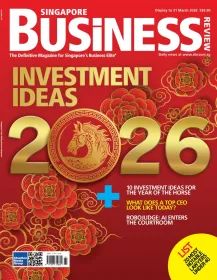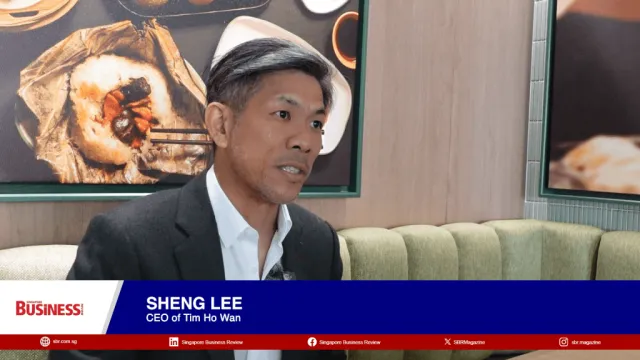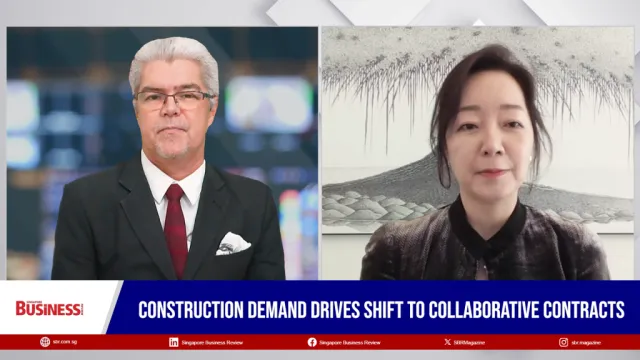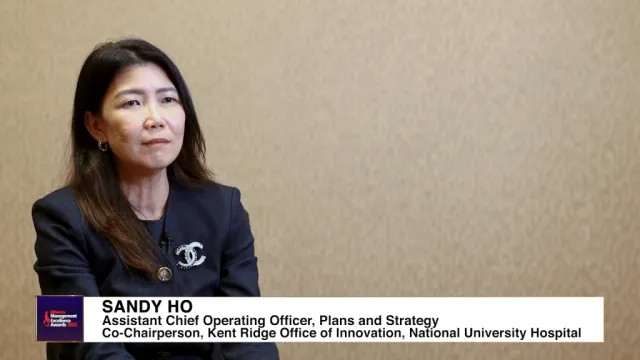Join the community
Thought Leadership Centre
Most Read
1. Singapore to slash CDC vouchers as Budget 2026 pivots to defence 2. Budget 2026 to surge tech funding as ageing workforce squeezes growth: analysts 3. OCBC and UOB to reverse year-long NIM slide in Q4 4. E-ang bao use jumps nearly 50% in 2025 as seniors ditch red packets: OCBC 5. UOB set for growth as DBS, OCBC earnings hold steady: reportResource Center
Awards
Apr
14
Event News
Singapore Business Review Management Excellence Awards 2025 Winner: Moninder Jain of Logitech Singapore Pte Ltd
Moninder Jain of Logitech Singapore highlights how human and AI collaboration strengthened the company’s market position.


 Advertise
Advertise
















Commentary
How to deal with the empowered consumer
How to deal with the empowered consumer
Is Singapore ripe enough for self-leadership?
Maximizing Singapore's e-commerce
Engaging Singapore to go green
Would your brand pass Singapore’s crowd metrics?
The truth about sharing
3 easy tips on measuring your way to online success
This is what your next executive assistant should be like
How can a Singaporean compete with a foreign talent?
Is HR doing enough for the future of your business?
Food fight: Our cuisine is our culture
Six low-cost ways to keep existing customers happy
Workplace lemons (and how NOT to be one)
Health check right at your fingertips
Putting a premium on market research and business intelligence
Tips for a first time manager
Making the most out of 3G mobile subscription